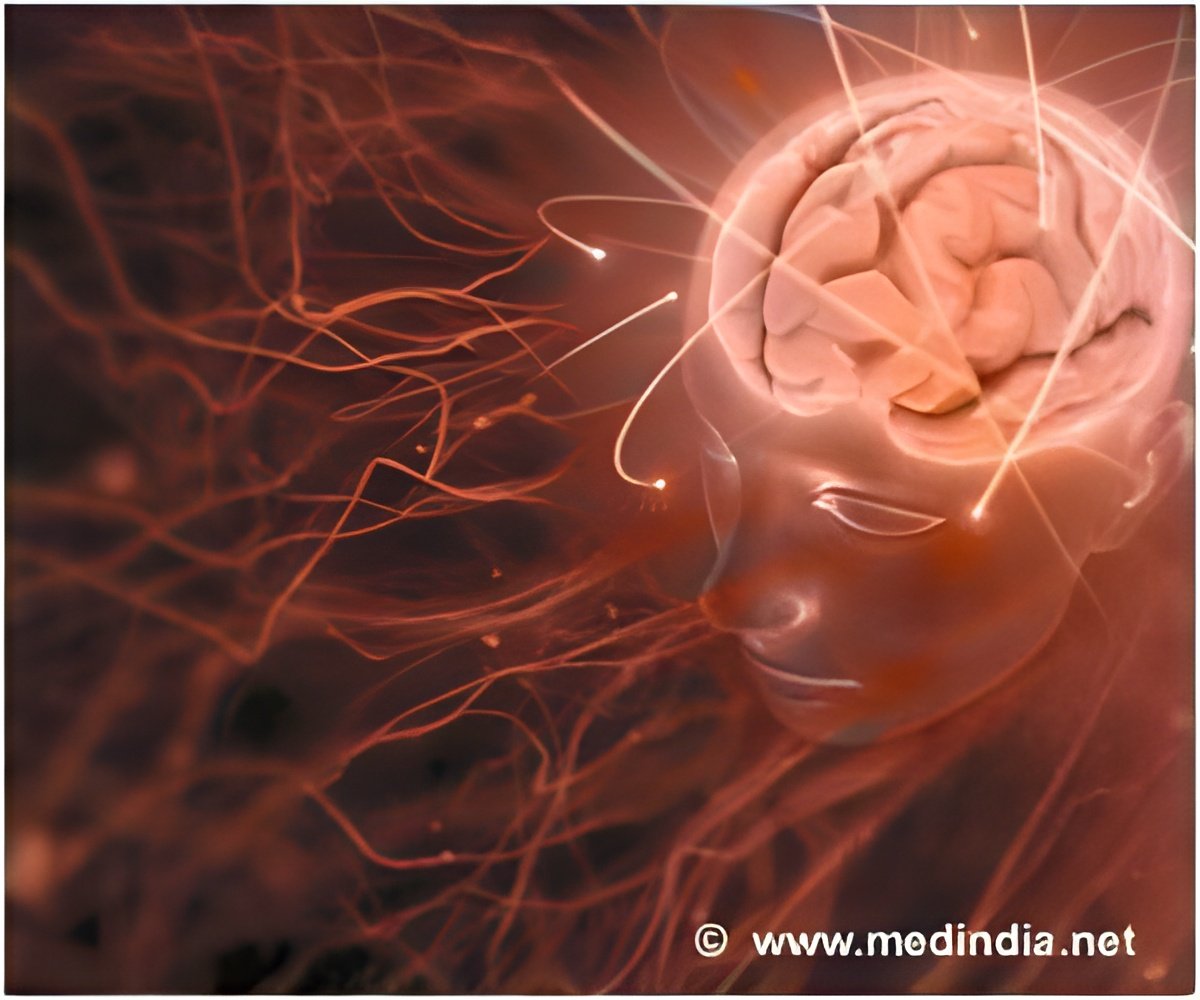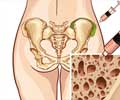New animal studies provide additional support for investigating stem cell treatments for Parkinson's disease, head trauma, and dangerous heart problems that accompany spinal cord injury.
According to research, new animal studies provide additional support for investigating stem cell treatments for Parkinson's disease, head trauma, and dangerous heart problems that accompany spinal cord injury. The research findings were released recently. The work, presented at Neuroscience 2012, the annual meeting of the Society for Neuroscience and the world's largest source of emerging news about brain science and health, shows scientists making progress toward using stem cell therapies to repair neurological damage.
The studies focused on using stem cells to produce neurons — essential, message-carrying cells in the brain and spinal cord. The loss of neurons and the connections they make for controlling critical bodily functions are the chief hallmarks of brain and spinal cord injuries and of neurodegenerative afflictions such as Parkinson's disease and ALS (amyotrophic lateral sclerosis), also known as Lou Gehrig's disease.
Today's new findings show that:
- Neurons derived from human embryonic stem cells implanted in monkeys displaying symptoms of Parkinson's disease appear to have matured into healthy, dopamine-producing neurons without causing any adverse effects (Dustin Wakeman, PhD, abstract 314.11, see attached summary).
- Life-threatening heart problems caused by spinal cord injury were partially remedied in rats treated with stem cells derived from the fetal brainstem. The findings suggest new avenues of research for repairing cardiovascular damage in human patients with spinal cord injuries (Armin Blesch, PhD, abstract 637.10, see attached summary).
- Experiments in mice indicate it may be possible to activate dormant stem cells in the adult prompting the production of new neurons that might help repair damage caused by injury (Nathaniel Hartman, PhD, abstract 823.07, see attached summary).
Other recent findings discussed show that:
Advertisement
- Scientists believe they have isolated a protein that can signal the adult brain to produce more neurons, raising the possibility that boosting production of the protein could help patients recover neurons lost to degenerative diseases like Parkinson's and ALS, or to trauma, such as spinal cord injury (Anthony Conway, abstract 823.04, see attached speaker's summary).
"As the fields of developmental and regenerative neuroscience mature, important progress is being made to begin to translate the promise of stem cell therapy into meaningful treatments for a range of well-defined neurological problems," said press conference moderator Jeffrey Macklis, MD, of Harvard University and the Harvard Stem Cell Institute, an expert on development and regeneration of the mammalian central nervous system. "Solid, rigorous, and well-defined pre-clinical work in animals can set the stage toward human clinical trials and effective future therapies."
Advertisement
Source-Eurekalert












